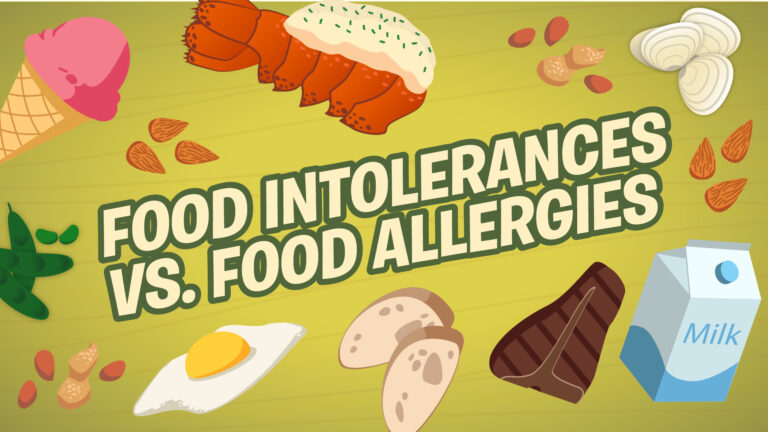Digestive Health
Discover nutritional, herbal, and lifestyle strategies for digestive health that resolve discomfort and optimize gut function.
Chelsea Alves
(5 min read)
Garlic for Digestive Health: Harnessing Nature’s Remedy for Gut Wellness
Keri Barron, PhD
(3 min read)
The Role of Yeast in Digestive Function and Gut Health: Exploring the Gut Mycobiome
WholisticMatters
(01:39 min watch)
Food Intolerances vs. Allergies
WholisticMatters
(2 min read)
Microbiome Health and Testing Opportunities
WholisticMatters
(3:34 min watch)
The Role of Microbiome
Marisa Marciano, ND, RH
(5 min read)
Herbal Approaches to Digestive Health
WholisticMatters
(1:49 min watch)
What is Leaky Gut?
Chelsea Alves
(5 min read)
Garlic for Digestive Health: Harnessing Nature’s Remedy for Gut Wellness
Keri Barron, PhD
(3 min read)
The Role of Yeast in Digestive Function and Gut Health: Exploring the Gut Mycobiome
WholisticMatters
(01:39 min watch)
Food Intolerances vs. Allergies
WholisticMatters
(2 min read)
Microbiome Health and Testing Opportunities
WholisticMatters
(3:34 min watch)
The Role of Microbiome
Marisa Marciano, ND, RH
(5 min read)
Herbal Approaches to Digestive Health






